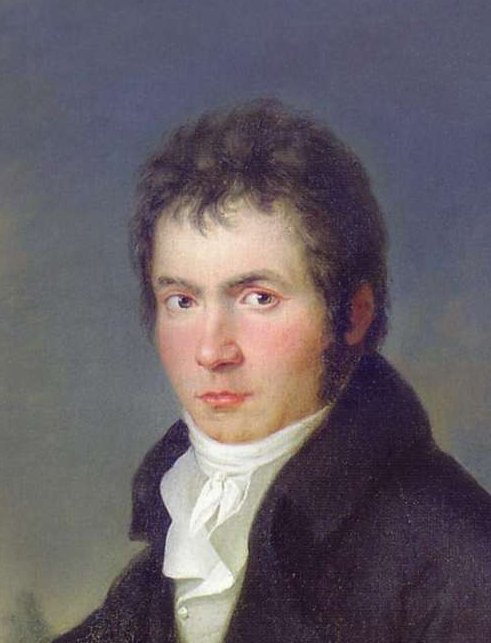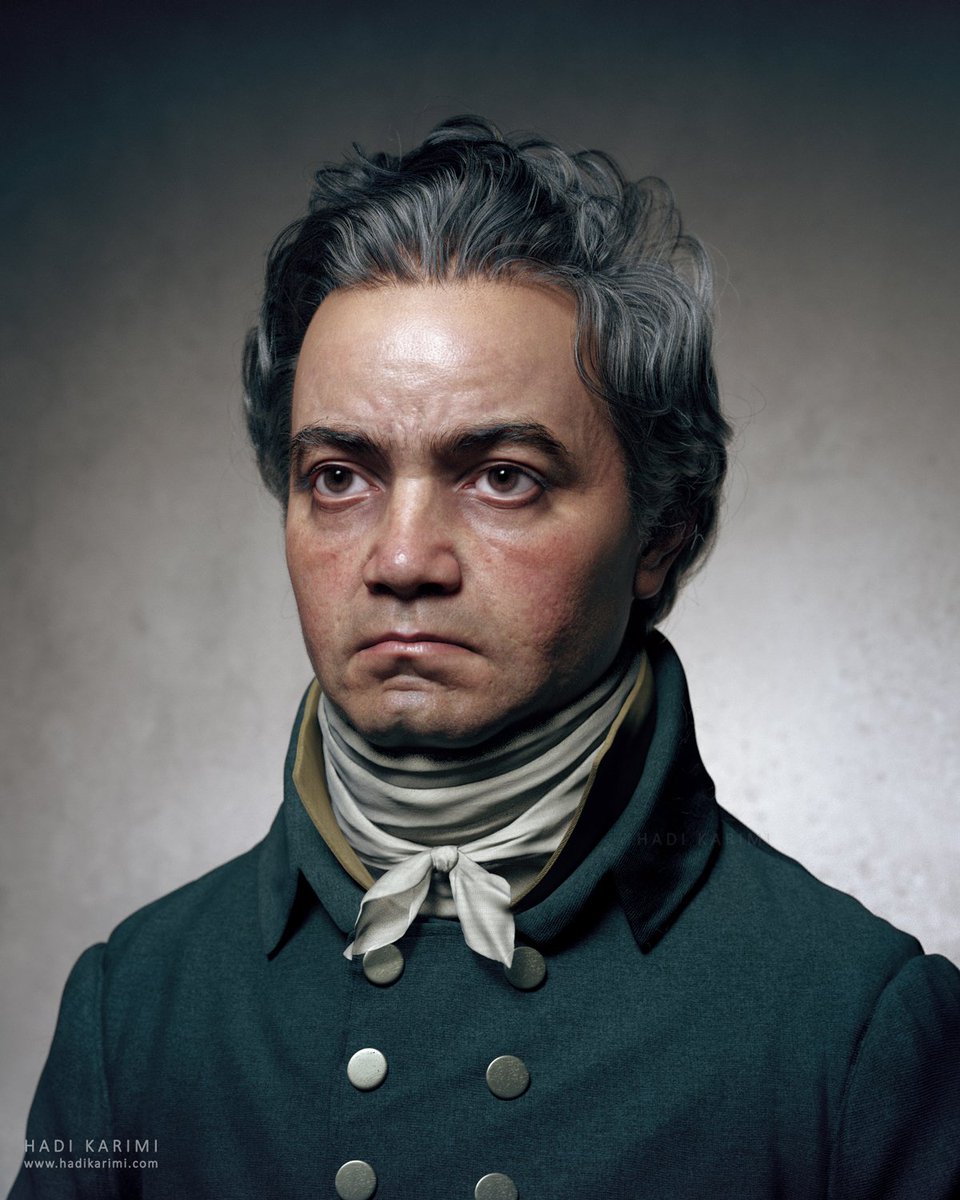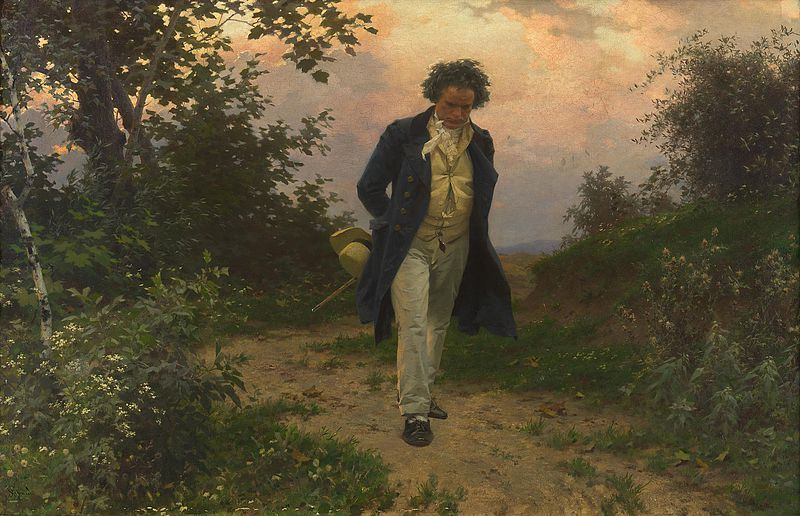
#WinterSolstice #JupiterSaturnConjunction #ClassicalPoll
1/2 The spirit of Gustav Holst demands to know your favourite planet, and so do I.
Two groups of 4 (Colin Matthews also cares). Vote in either or both. Top two go head-to-head tomorrow.
Listening links to follow.
1/2 The spirit of Gustav Holst demands to know your favourite planet, and so do I.
Two groups of 4 (Colin Matthews also cares). Vote in either or both. Top two go head-to-head tomorrow.
Listening links to follow.
A reminder of their powers:
Mars, the Bringer of War
Venus, the Bringer of Peace
Mercury, the Winged Messenger
Jupiter, the Bringer of Jollity
Saturn, the Bringer of Old Age
Uranus, the Magician
Neptune, the Mystic
Mars, the Bringer of War
Venus, the Bringer of Peace
Mercury, the Winged Messenger
Jupiter, the Bringer of Jollity
Saturn, the Bringer of Old Age
Uranus, the Magician
Neptune, the Mystic
And of what astronomers have discovered since Holst created this astonishing work.
Pluto, The Renewer
Pluto, The Renewer
• • •
Missing some Tweet in this thread? You can try to
force a refresh









